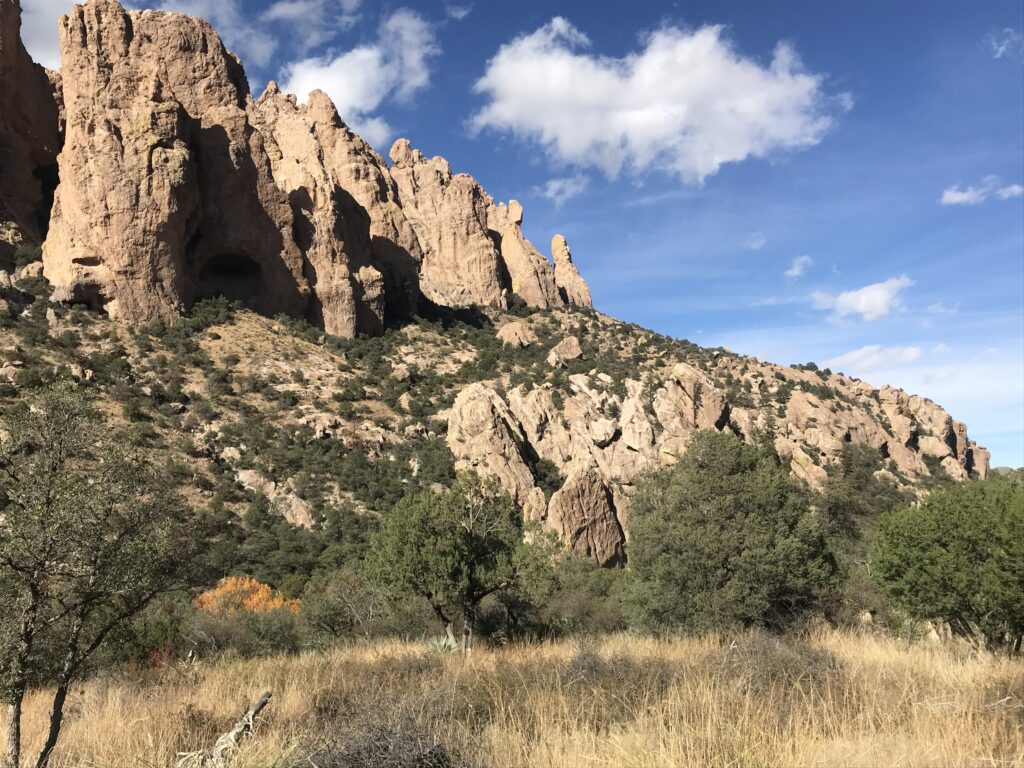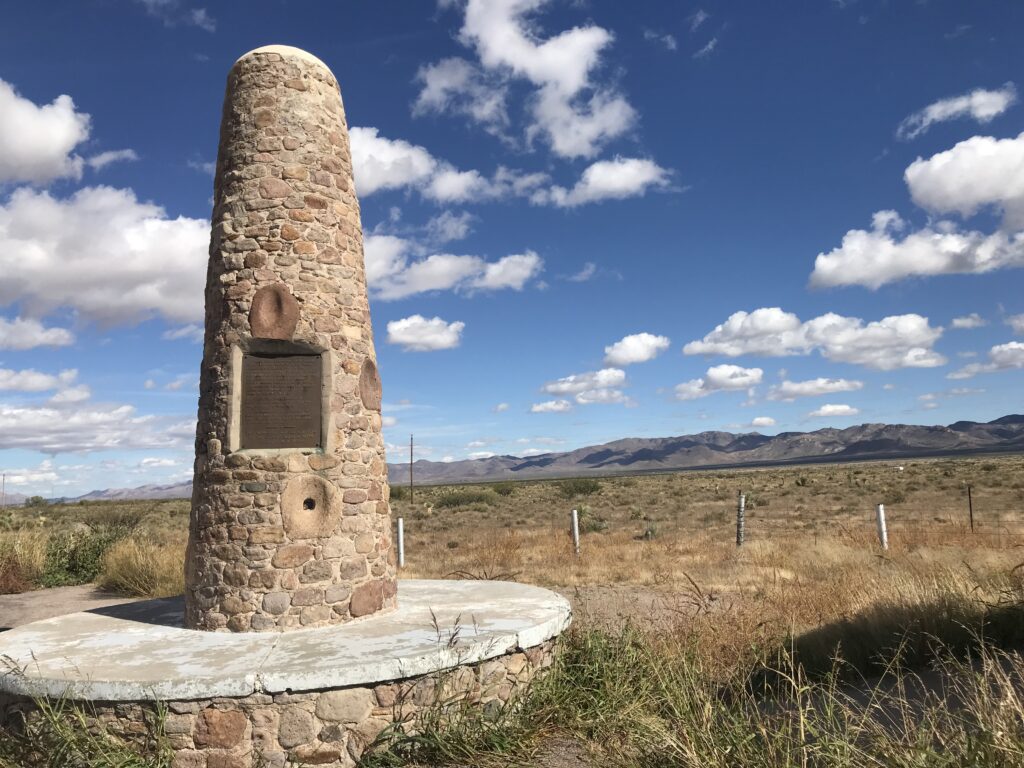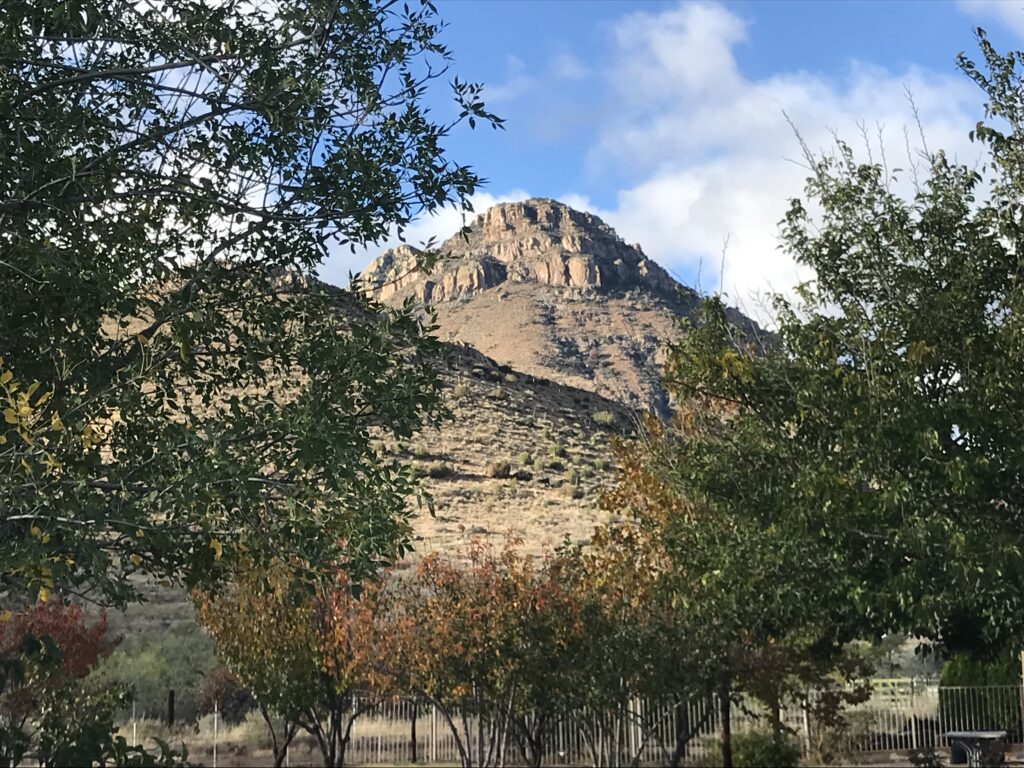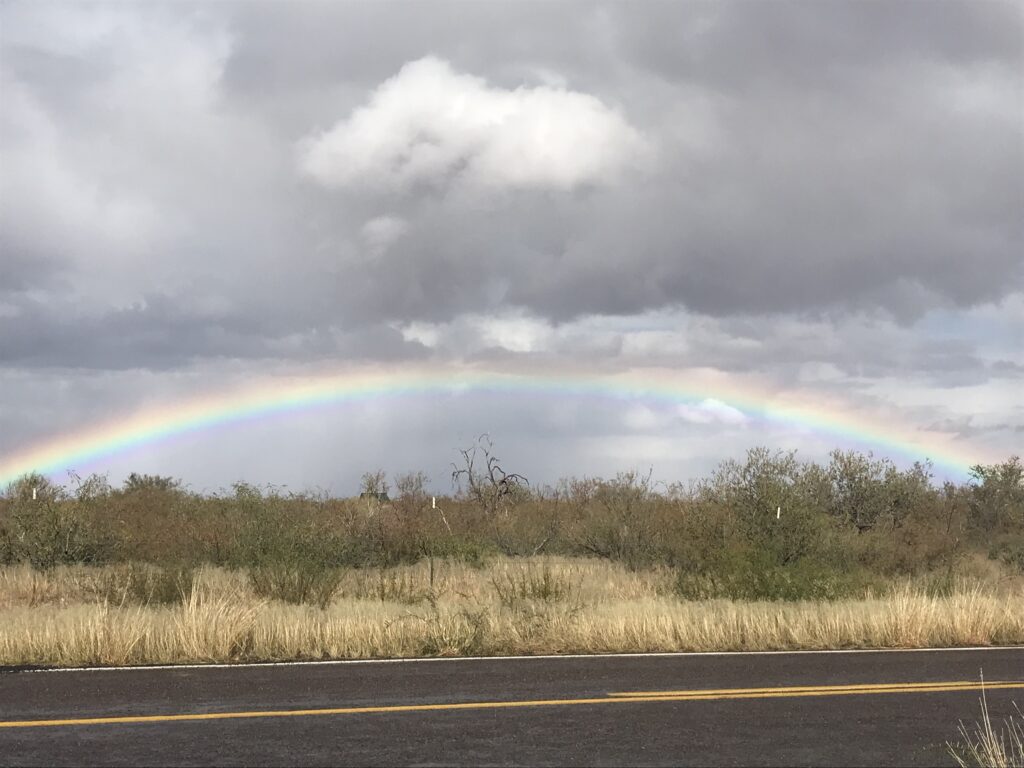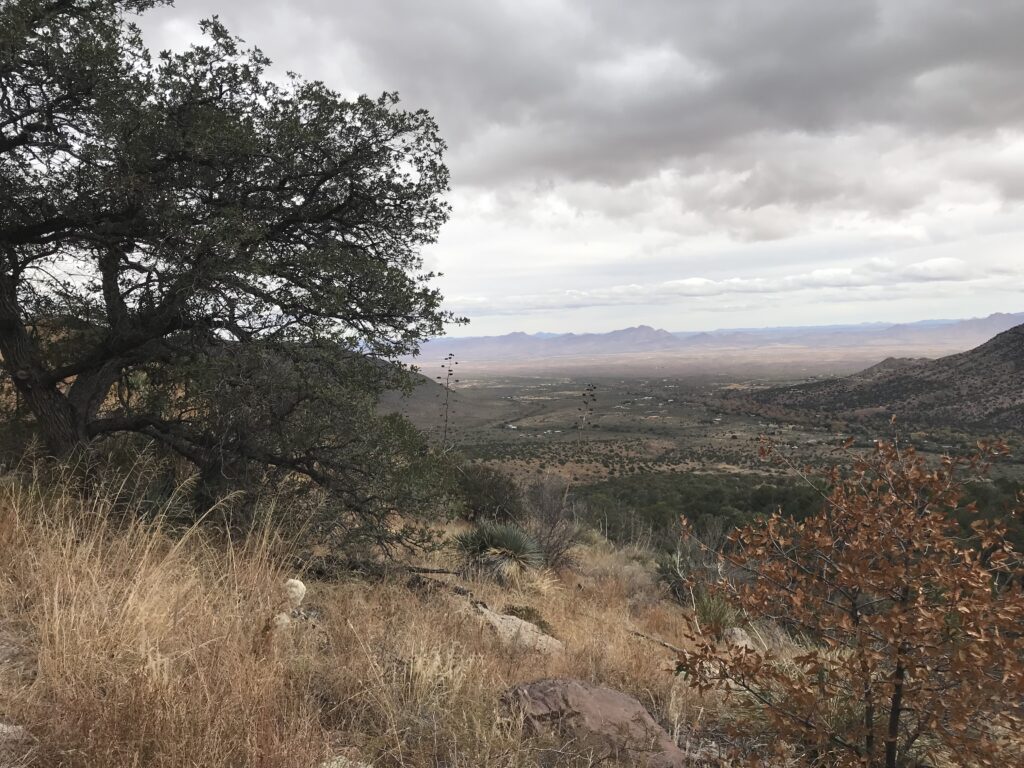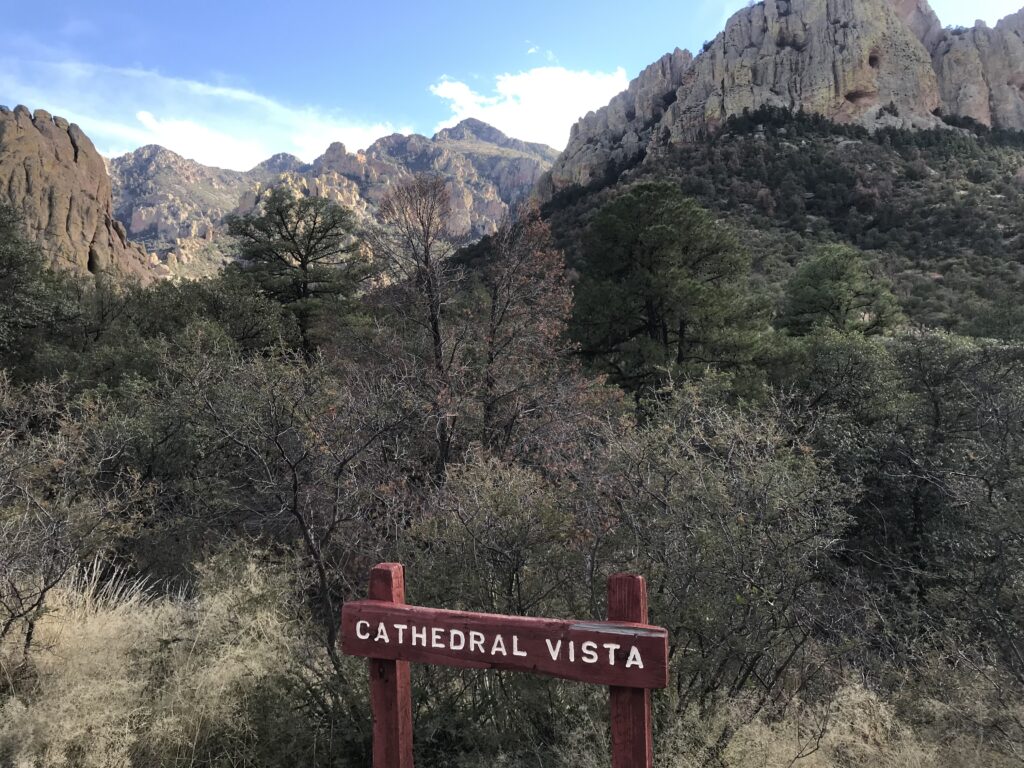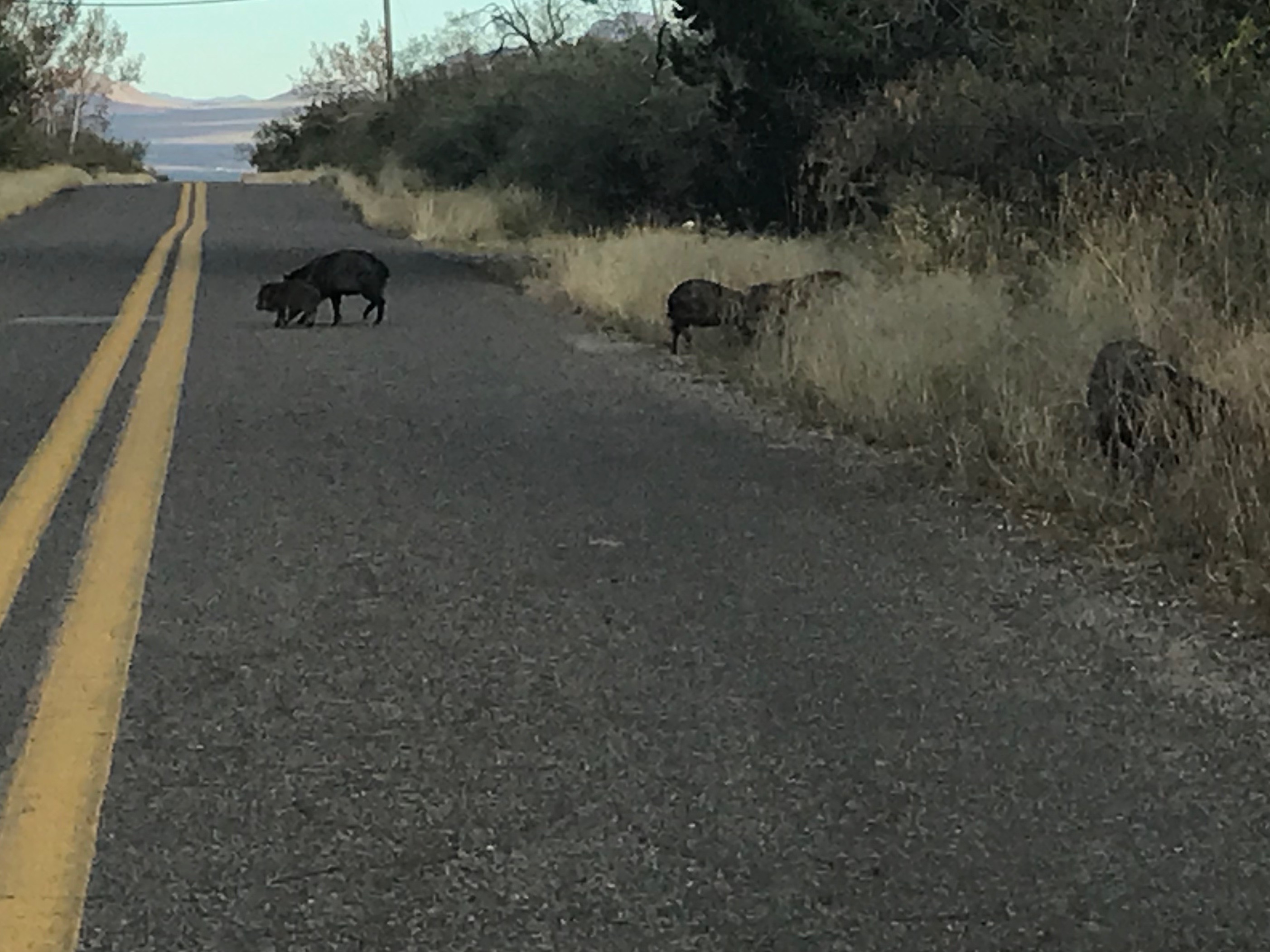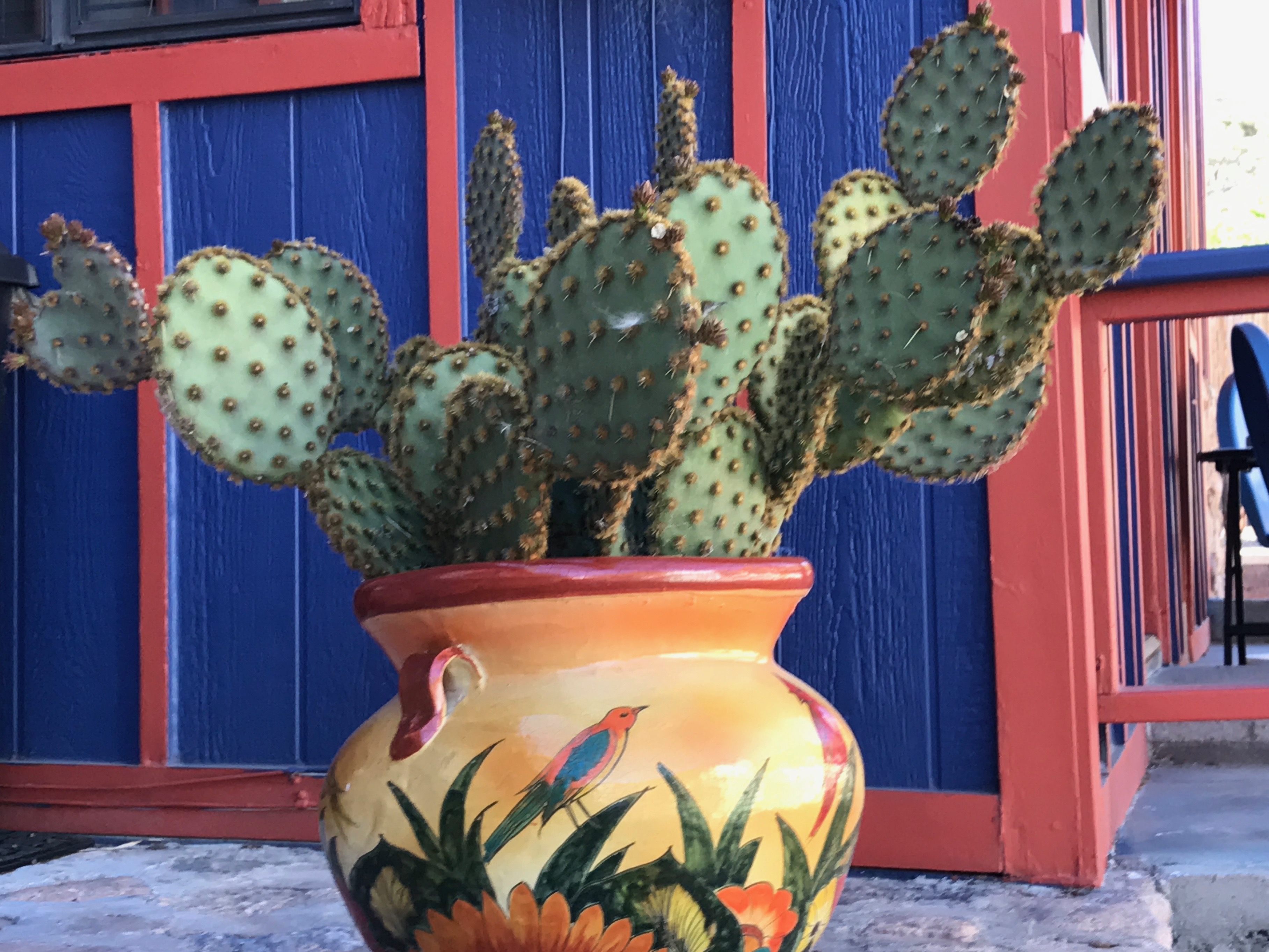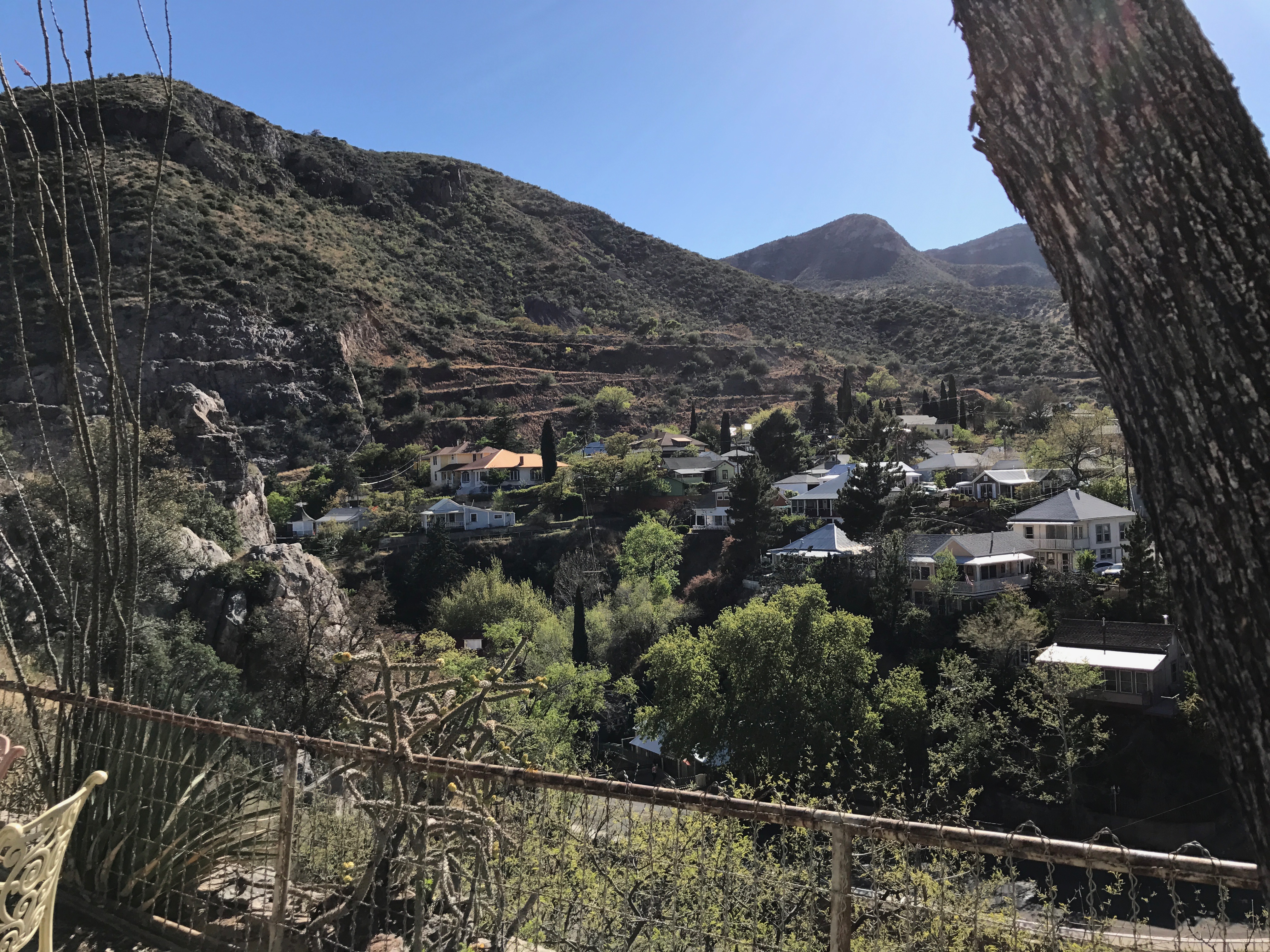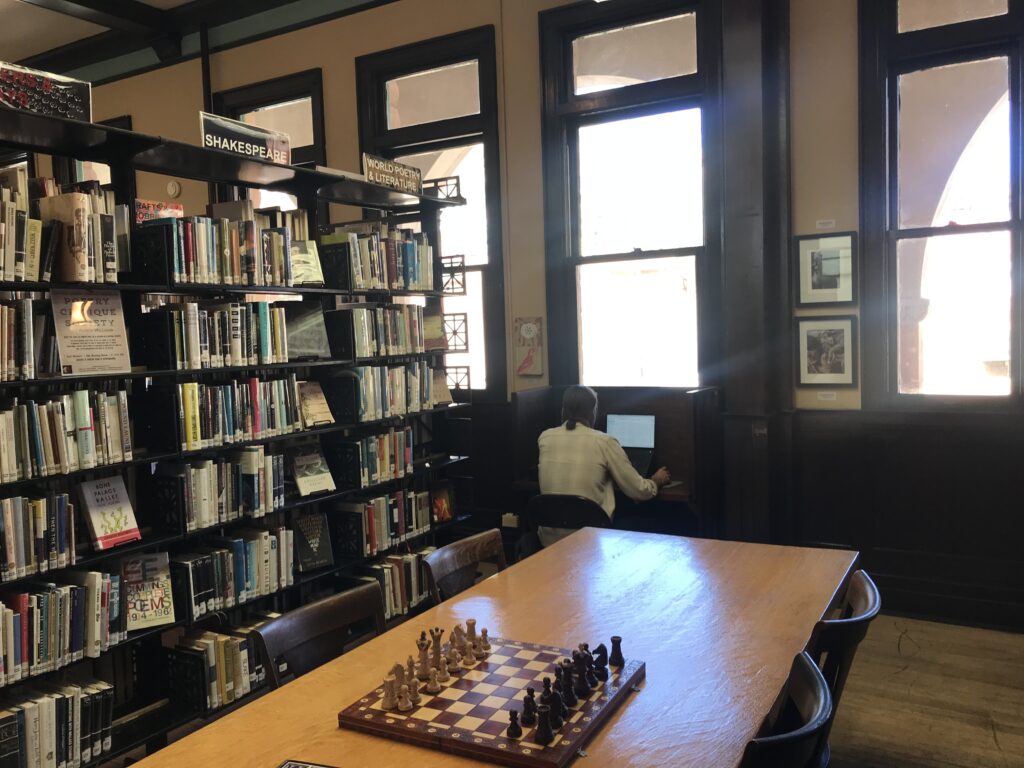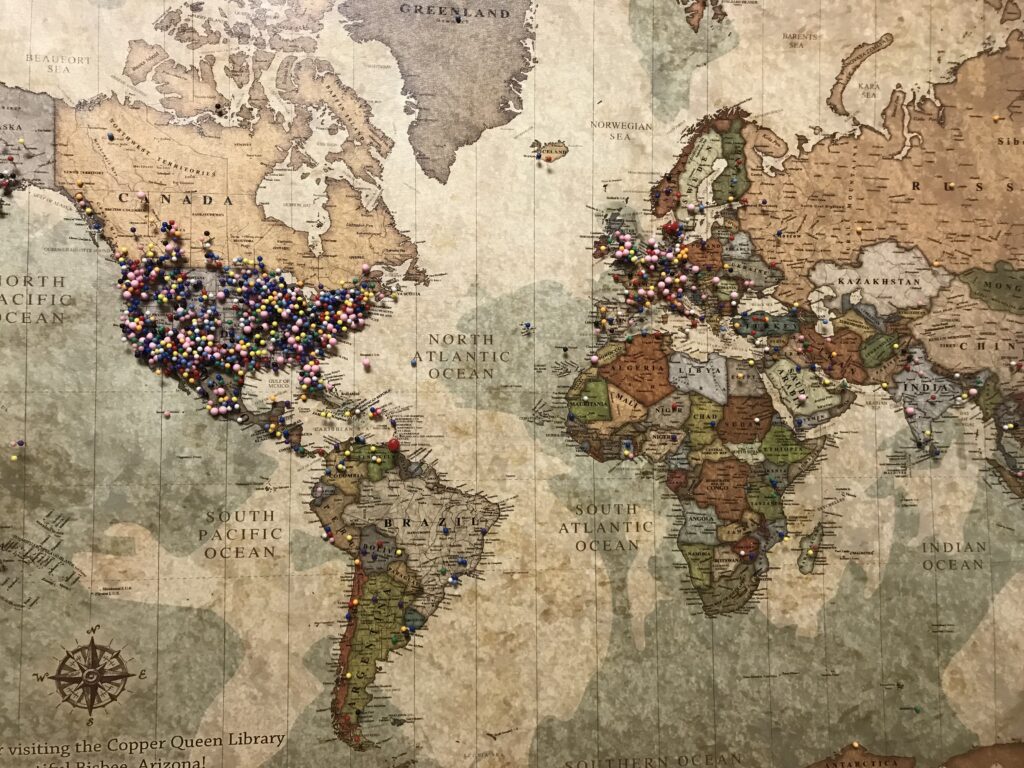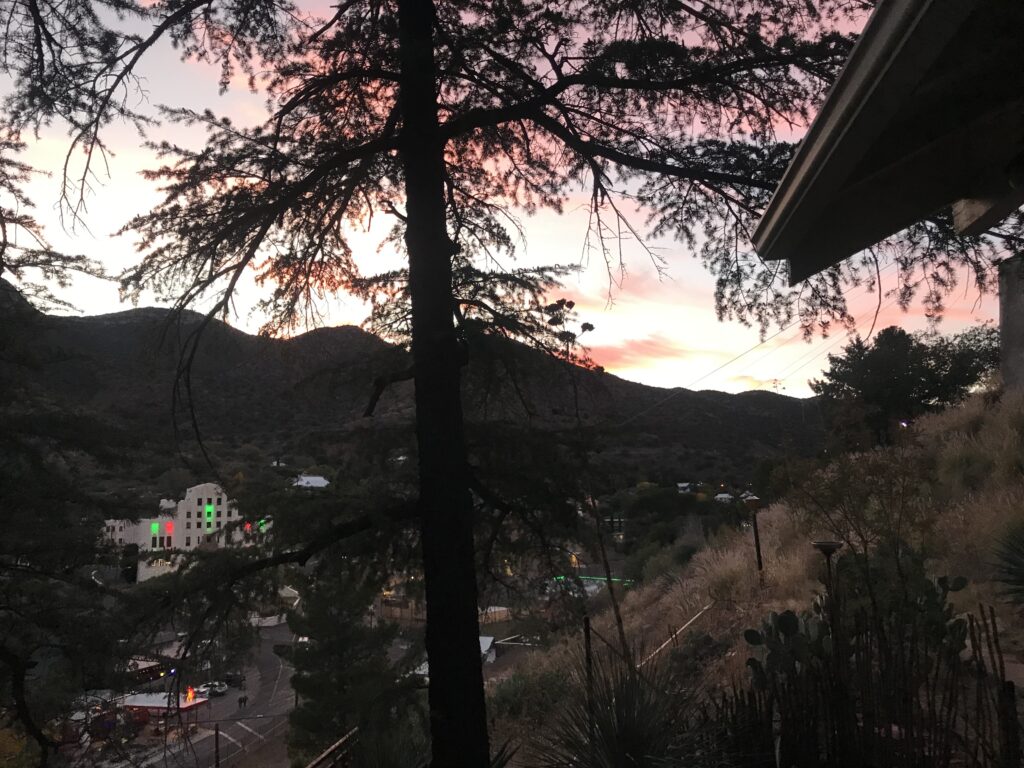Requiem for the Penny

A long time ago I wrote an obituary for the dime. The coin was still in circulation, but the New York City subway fare was going up from 90 cents to a dollar, which meant fewer dimes in my pocket. It seemed a good time to eulogize not only the 10-cent piece, but all small change.
Turns out, I was a few decades early. On November 12, the U.S. Mint struck the last penny. Though there are 250 billion pennies in circulation, according to the New York Times, the penny’s final minting does mark a moment. After next year, no more of the shiny copper coins will be sent into circulation. There will never be a 2026 penny.
I remember as a kid looking for wheat pennies or 1943 bronzes. Not for nothing did I grow up with a mother who believed her ship was about to come in. I suppose the value of some pennies will rise with this move, but most of them will continue their march into irrelevancy. It now costs three cents to manufacture a penny. Hard to prop up such a losing proposition.
Our currency has moved on, to say nothing of inflation. Pennies have little beyond sentimental value. But I’ll still keep a bunch of them on hand — if only for that reason.
(Photo, courtesy Wikipedia.)
